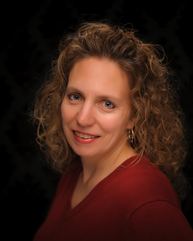
In her own words....
_ _ _ _ _ _ _ _ _
People often ask me how much time I spend researching my historical fiction novels. That’s a question that always makes me nervous because the real answer is “not much.” But I can’t really say that and remain legitimate, so I usually make something up depending on the situation I find myself in.
While it’s true that I have to research certain things like the names of dancehalls in Chicago in the ‘30’s or the exact date that “Blue Skies” came out and who sang the first version, most of the details that I sprinkle throughout my novels already live somewhere in my head. It’s just a matter of pulling them out of their drawers when I need them.
I’m sure that sounds presumptuous, but it’s not meant to. It simply is. It’s not my fault that the stories of the past have been finding their way to me since I was a little girl. Whenever the relatives were over, for instance, it was inevitably me that was slowed down and then drawn in by the elderly aunts and uncles in lawn chairs talking about the old days, instead of racing off somewhere with my siblings and cousins as they divided into teams for some impromptu game. With a dripping popsicle, I would stand on the periphery and listen, mesmerized by their stories of a great aunt who was hit and killed as she walked to school by a doctor speeding by on his way to an emergency; how my great-grandmother literally saved the family farm during the Great Depression with the pennies she saved from selling eggs in town; how “hobos” passing through marked the trees in front of that same farm to indicate to others that came after them that this was a house that gave out food. And literally hundreds more.
These stories enchanted me, obsessed me, as if they were trying to tell me something, and I’ve often wondered if it was the stories themselves that captivated me or the passion of the storyteller, which was usually my father as the years went along. Eagerly I tried absorb them all, to commit them to memory with the desperation of one who knows their future existence depends upon it. Perhaps this was a pressure handed on from my father, who voiced his own feelings of responsibility in keeping and telling the old stories as the preceding generations began to die off. He felt a certain responsibly to the family history, and I seemed destined by fate to pick up the baton from him.
Gradually as I grew, my love of the past expanded beyond just that of my family and my small town. Most of what I read growing up was likewise predictably set in the past. I had a particular fondness for Louisa May Alcott, CS Lewis, Tolkien and LM Montgomery, which naturally paved the way for the Regency and the Victorians during my college years and beyond. Even the movies and TV dramas I prefer have always been period, PBS and BBC being my networks of choice and Cary Grant being dreamier to me than any Brad Pitt.
And then there’s the music. I have a secret passion for big band music. Somehow the music of the ‘30’s and ‘40’s makes my heart race in an almost embarrassing way, so much so that it has, at times, moved me to tears.
All of this, I know, is abnormal.
It should be no surprise that I ended up with an English degree. One might have guessed history, but that’s too factual. I preferred story in every sense. But an English degree, as everyone knows, is not a very employable one, and upon graduation, I ended up unhappily working in a graphics art firm in customer service. After a couple of years, I became convinced that I would either soon die in this setting or at least contract some sort of stomach ulcer, so I quit to begin working as the admissions director in a nursing home, a seemingly random coincidence.
It was a relatively easy job, but I was not very good at selling beds, which, I uncomfortably realized, a little too late, was really my main objective. Instead of chasing ambulances, I instead spent most of my time wandering the halls amongst the residents already admitted, a veritable treasure-trove, I discovered to my great delight, of stories! I had somehow landed in heaven. I spent several years there with them, taking in their stranger-than-fiction stories and committing them to memory before I married and had children and began a different story of my own.
But years later, when I finally decided to take pen in hand, it was only natural that I would set my novels in the past, borrowing from all the stories read and heard over the years and crafting them into a new creation. In doing so, it is a way for me to live there, too, instead of merely clinging to some foggy memory just out of reach. When I write about those days, something reverberates deep within me, and it isn’t hard to describe what I see.
So when readers write to me after reading my debut novel, A Girl Like You, the start of a mystery/romance series set in the ‘30’s Chicago, and say, “I felt like I was really there,” I smile and know that I’ve been successful. Somehow, someway, I’ve been there, too.
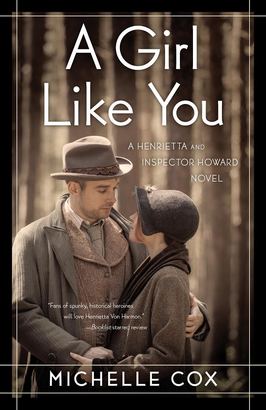
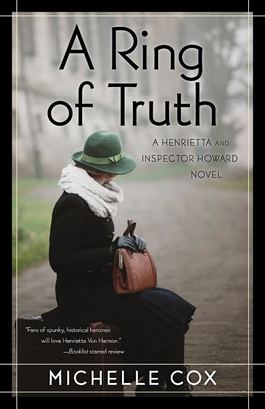
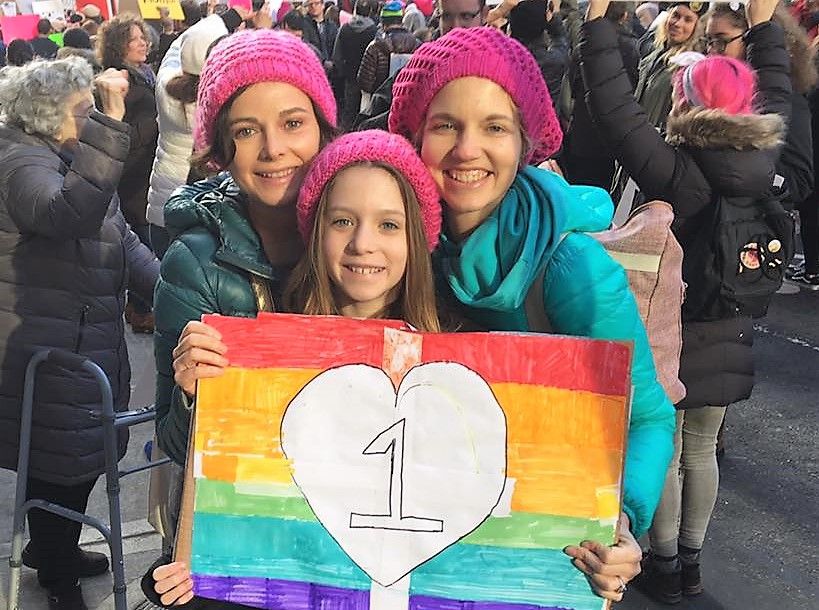
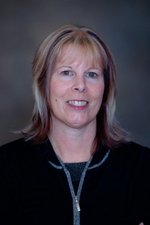


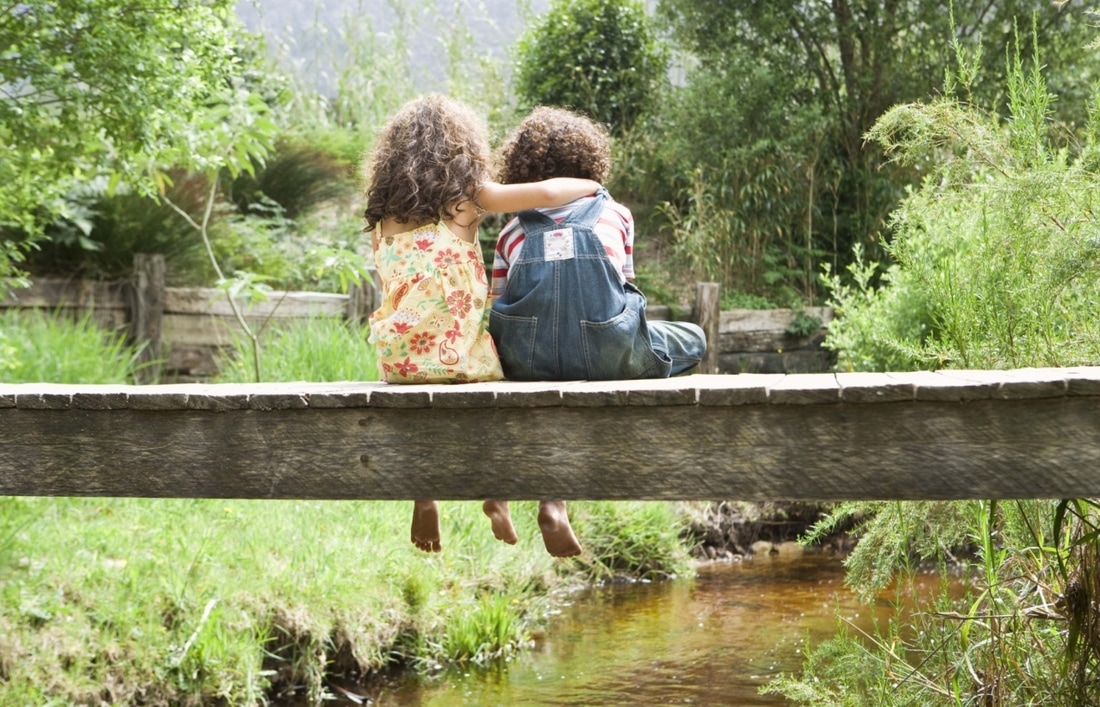
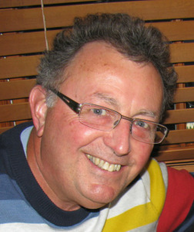



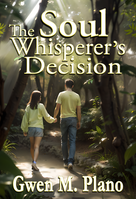
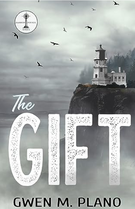
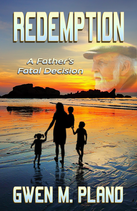
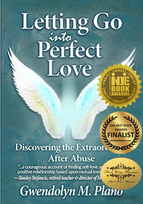
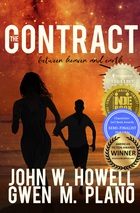
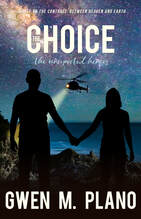
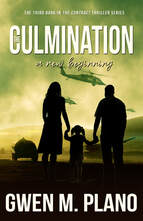
 RSS Feed
RSS Feed